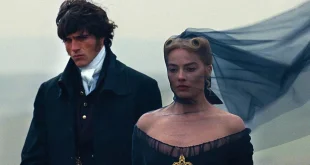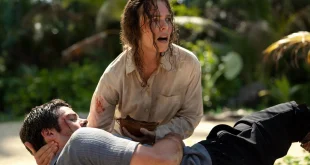“The brighter the light the darker the shadow”. No one defines this prescient observation more than Robin Williams; he lit up film and television with his raucous, insightful humor, impeccable timing, fluent, gifted improvisation; lurking behind this amicable, ingratiating facade was always the omnipresent albatross of depression; a disease as insidious as the most crippling cancer; voraciously devouring one’s spirit and will to persevere.
Robin Williams spread inimitable laughter, zestful joy in a myriad of his films but it was his intense dramatic acuity that touched deeply upon meaningful interpretations of caring, intuitive individuals, that continue to resonate today: an inspiring academic in “Dead Poets Society” (a male version of “The Prime of Miss Jean Brodie); iconoclastic disc-jockey in “Good Morning Vietnam”; Academy Award performance as a keenly perceptive psychiatrist in “Good Will Hunting”. But it was in John Irving’s “The World According to Garp” (Directed by George Roy Hill) that William’s met and connected with his soulful doppelganger; T. S. (Terribly Sad) Garp, fatherless, a life informed by women; he struggles to come to terms with a world where all are “terminal cases; as a writer, death and lunacy haunt his vision; “Death it seems, Garp wrote, does not like to wait until we are prepared for it; Death is indulgent and enjoys, when it can, a flair for the dramatic.”
Robin Williams was seemingly prepared to take his leave, propelled by pain, relinquishing mortality, he recognized, like Garp that “everybody dies; the thing is to have a life before we die.” He did, surely he did.
Peneflix
 Peneflix MOVIE REVIEWS BY PENEFLIX
Peneflix MOVIE REVIEWS BY PENEFLIX





He was a very smart, very sad and very pained man ; you said all the right things, Penelope. As usual, well done!
Thank you, Marlene. Hope “summer” is treating you well! P
so well said.
Thank you